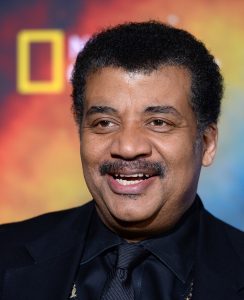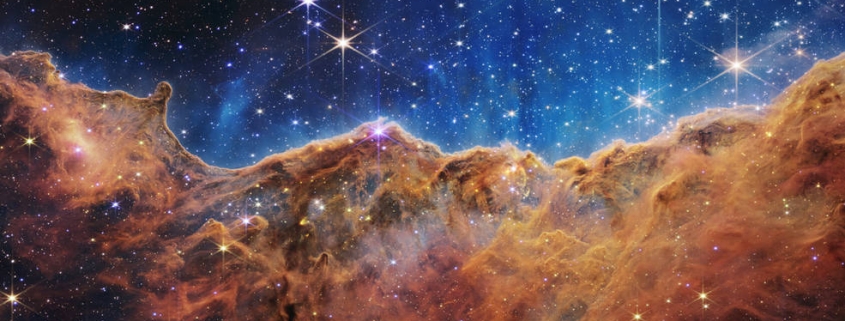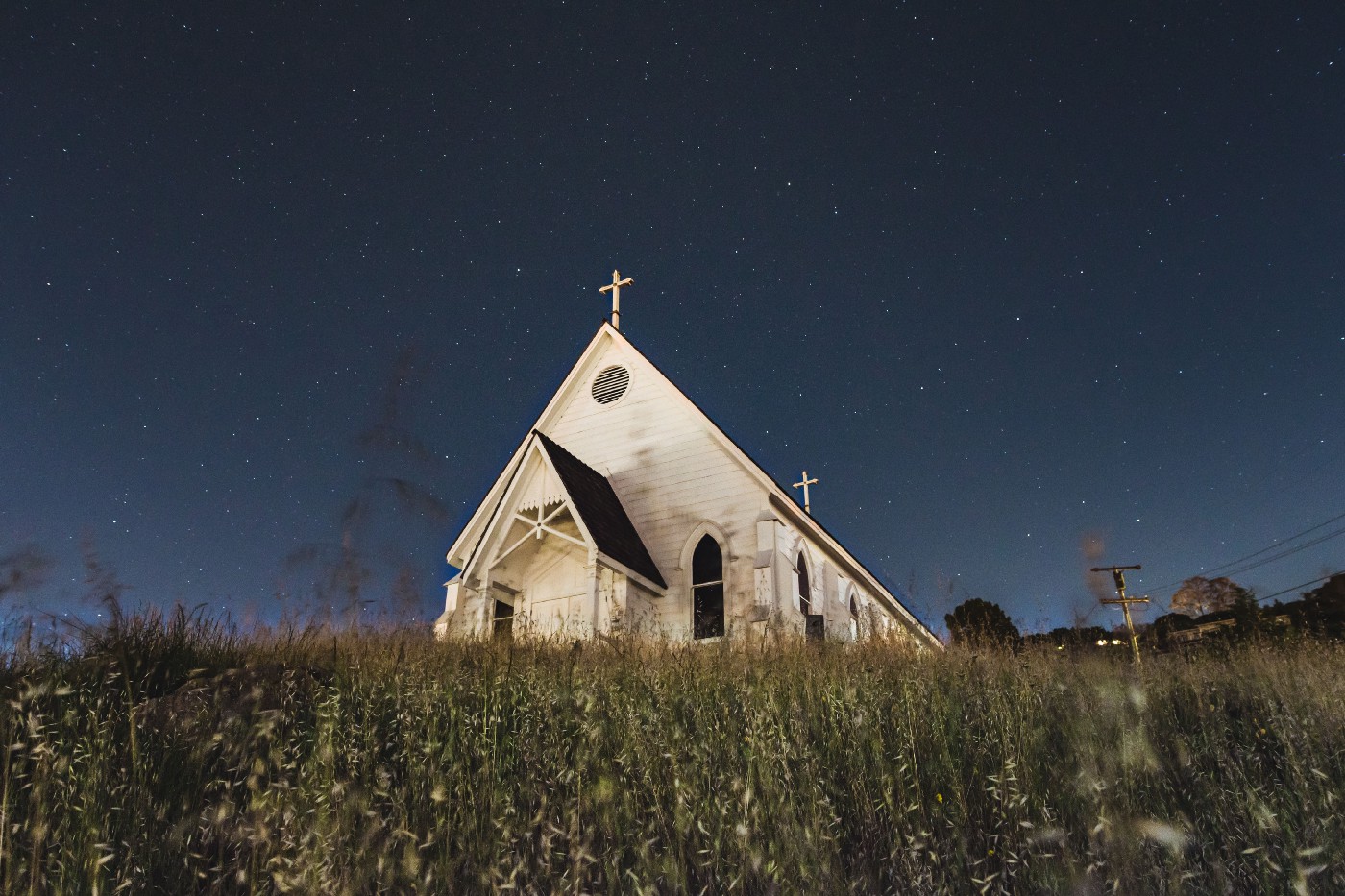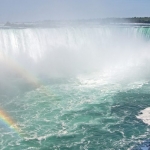Creation and the environment: ‘Where does God fit into all this?’
This article originally appeared at Baptist News Global on May 1, 2023.
A couple of months ago, I attended a gathering with astrophysicist Neil deGrasse Tyson and had the opportunity to be a part of a Q&A session with him afterward. One elderly woman asked him, “Where does God fit into all this?”
Tyson began his answer by noting the thousands of gods who have been worshiped throughout history and added: “What’s interesting to me about it, as an academic, is whatever is your religion — if you have a religion and if you are devout — the claims of every other religion look preposterous to you, completely preposterous. And you’re comfortable in the claims of your own religion and your own holy books. And your preachers or your holy leaders may even denigrate other religions for their failures or for what they are.”
Still, despite the many differences religious communities may feel from others, Tyson said there is hope for those who want to hold religious faith and accept modern science. “Being a scientist is not synonymous with being an atheist,” he said. “About 65% of all scientists in the West claim a personal God to whom they pray.”
“Are you prepared to recognize the occasion when science says something that your religious text does not?”
After sharing how a variety of scientific disciplines tend to split differently on the God question, he said, “What it comes down to is: Are you prepared to recognize the occasion when science says something that your religious text does not? When it conflicts with your religious text?”
How one handles conflicts between science and religious texts depends on how a person views their god.

Neil deGrasse Tyson (Photo by Amanda Edwards/Getty Images)
Despite the fact that monotheists claim to believe in a God who is all-knowing and all-perfect, the theology they hold has been developed over time from culturally situated perspectives. And often, what happens is that this God we claim is perfect and whose image we claim to bear is actually bearing our image.
Tyson reassured the woman who asked him where God fits in that her religious belief is protected in the United States by the First Amendment. He pointed to religious freedom as the strength of the U.S.
“That’s how we got half of our immigrants,” he explained. “They were religiously persecuted in their own land. They come here, they’re free. We have mosques, Catholic churches, Protestant churches, synagogues, all within three blocks of each other. Is there any place else in the world where you see this? I don’t know. I don’t think so.”
But Tyson also pointed out the temptation Christians face when they have political power.
“If you rise to power, and you’re religious, power over laws and legislation have to apply to everybody. And now you want to take a religious point out of your religion and create a law out of it that everyone else has to obey? That’s not respecting the true plurality that is this country.”
And for him, these laws are especially problematic when they affect science.
“That diversity of belief systems is something to be cherished,” he said. “It just doesn’t belong in the science classroom.”
“Enlightened religious people don’t use their holy books as a textbook for science.”
“Enlightened religious people don’t use their holy books as a textbook for science,” Tyson declared. “They’re not running around saying the universe was created in six days in spite of the Bible saying that.”
A more proper use, he suggested, is to see holy Scripture “as a spiritual guide or as a sense of wisdom for living.”
When Christian nationalists wield government power to legislate their religious dogma into science, it fuels the ecological crisis we’re facing.










Leave a Reply
Want to join the discussion?Feel free to contribute!